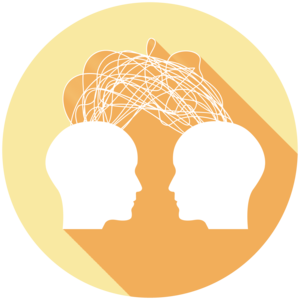Would you rather have a 10% chance to get your product for free or a fixed 10% discount? And what does your customer prefer? Mazar, Shampanier & Ariely (2017) decided to investigate the attractiveness of this probabilistic free price promotions. Find out how to use the Las Vegas Gamble discount in your advantage!
Posted in Archive, Conversion
published on Wednesday, 11 July 2018
Did you read Barry Schwartz’ book The Paradox of Choice - Why More is Less? If not, this sentence is your executive summary:
There is such a thing as having too much choice
There are many scientific studies on the subject. Some find having more choice enhances consumers’ assortment evaluation and increases purchase likelihood. Others conclude more choice negatively effects satisfaction and, again, purchase likelihood.
Posted in Archive, Conversion
published on Monday, 08 May 2017
Have you ever been part of a neuromarketing experiment where the researchers actually scanned your brain? How many people do you know that have been? Probably not too many. Still, there are heaps of neuromarketing articles too be found. All of us at New Neuromarketing are, of course, very happy with this, as it gives us much to write about.
But if we look closer at a multitude of this research, we notice that often behavioral or attitudinal data is used. Experiments investigate what people do, what they say they will do or how they feel. Especially the latter is slightly ironic, as an important basis of neuromarketing research as it was intended, is that people are horrible at predicting what they will do or at evaluating how they feel.
That is why researchers want to learn as much as they can about our brains, and what happens when we buy products, watch advertisements and interact with brands in other ways.
Posted in Research, Archive
published on Tuesday, 28 February 2017
Did you know that when you’re in the grocery store picking out a bottle of wine, the music that is playing can influence your choice? If you follow our posts closely you probably did. But either way, get ready to dive a little deeper into what influences you (and your customers) subconsciously.
Posted in Archive, Advertising
published on Tuesday, 17 January 2017





